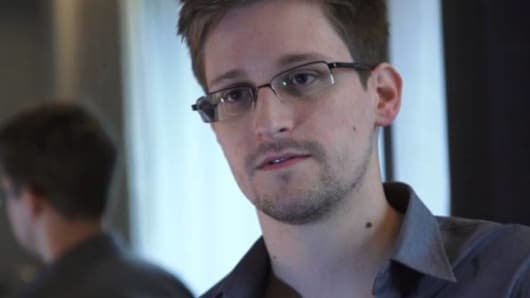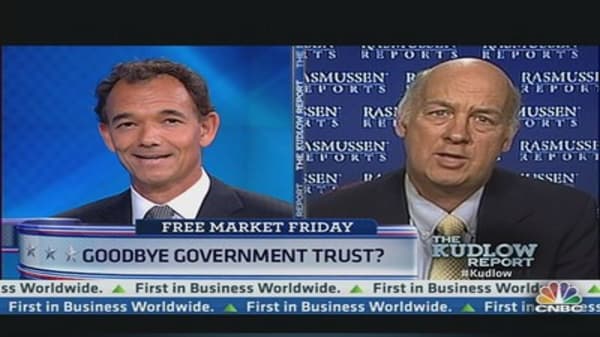Many of the broad surveillance practices referenced by Cheney were initiated following the 9/11 attacks, prompted by President George W. Bush, who argued for broader government powers to prevent future attacks. But revelations that the government was routinely collecting so-called "meta-data" from phone providers like Verizon and other communications companies has prompted a new debate over what limits should be put on domestic government surveillance.
(See More on the NSA: Could The NSA Target Political Opponents?)
President Barack Obama has also called the NSA's practices an important tool for his administration. Asked on CBS whether Obama felt as though any American's privacy had been violated, White House chief of staff Denis McDonough said: "He does not."
McDonough also suggested that Obama will endeavor to speak more publicly about the program in the coming days, and touted the administration's work to more fully brief lawmakers about the programs and build in more oversight.
Obama has also asserted that he has scaled back some practices undertaken during the Bush administration—a claim which drew a sharp rebuke from Cheney.
"I don't pay a lot of attention, frankly, to what Barack Obama says," Cheney said. "I find a lot of it is, in other areas—the IRS, Benghazi—not credible. I'm obviously not a fan of the incumbent president."
As to Edward Snowden, the former Booz Allen analyst who has claimed responsibility for first leaking details of the classified NSA program, Cheney said it was one of the worst breaches of intelligence he could imagine.
"I think he's a traitor," Cheney said of Snowden. "I think it's one of the worst occasions, in my memory, of somebody with access to classified information doing enormous damage to the national security interests of the United States."
Sen. Saxby Chambliss, Ga., the top Republican on the Senate Intelligence Committee, said on NBC's "Meet the Press" that Snowden should face prosecution.
"He needs to look an American jury in the eye and explain why he has disclosed sources and methods that are going to put American lives in danger," said Chambliss.
McDonough was far more reluctant to attach any label to Snowden, explaining that he did not want to prejudge any investigation.
Cheney, though, additionally suggested that Snowden's decision to flee to Hong Kong—where he is thought to currently reside—could mean that he was working with the Chinese government. (McDonough said he could not comment as to Snowden's whereabouts or cooperation with the Chinese.)
"I am very, very worried that he still has additional information that he hasn't released yet, that the Chinese would welcome the opportunity and are probably willing to offer immunity — or sanctuary, if you will — in exchange for what he presumably knows or doesn't know," he said.
NBC's Carrie Dann contributed to this report.




